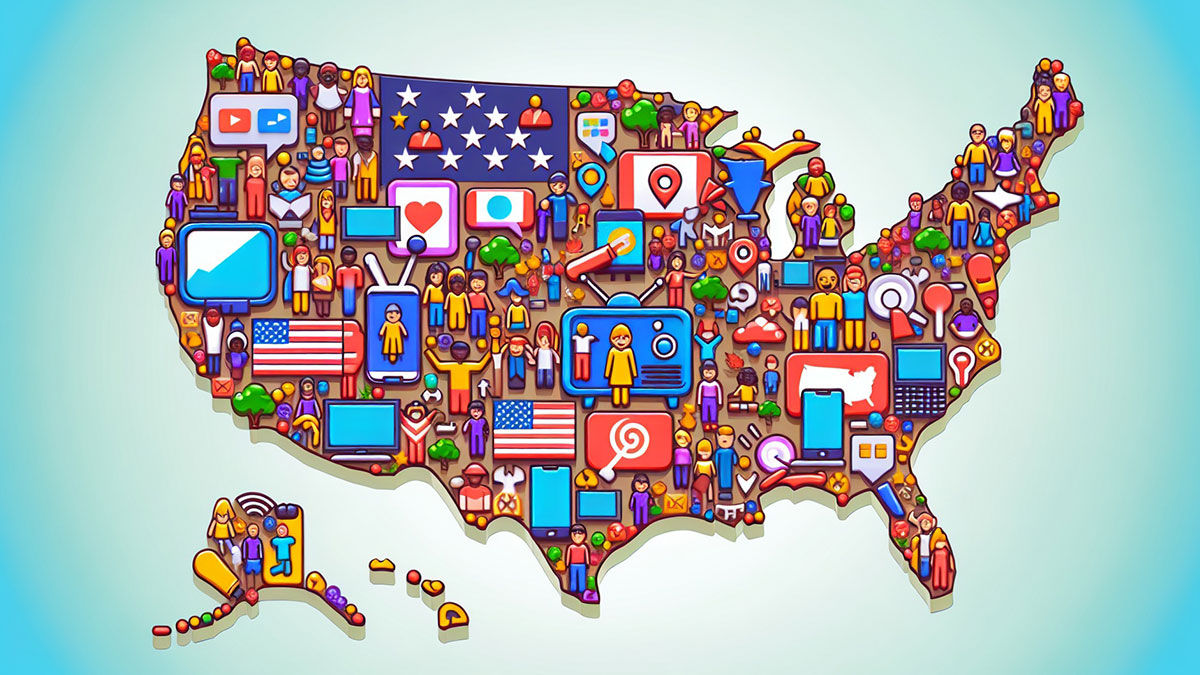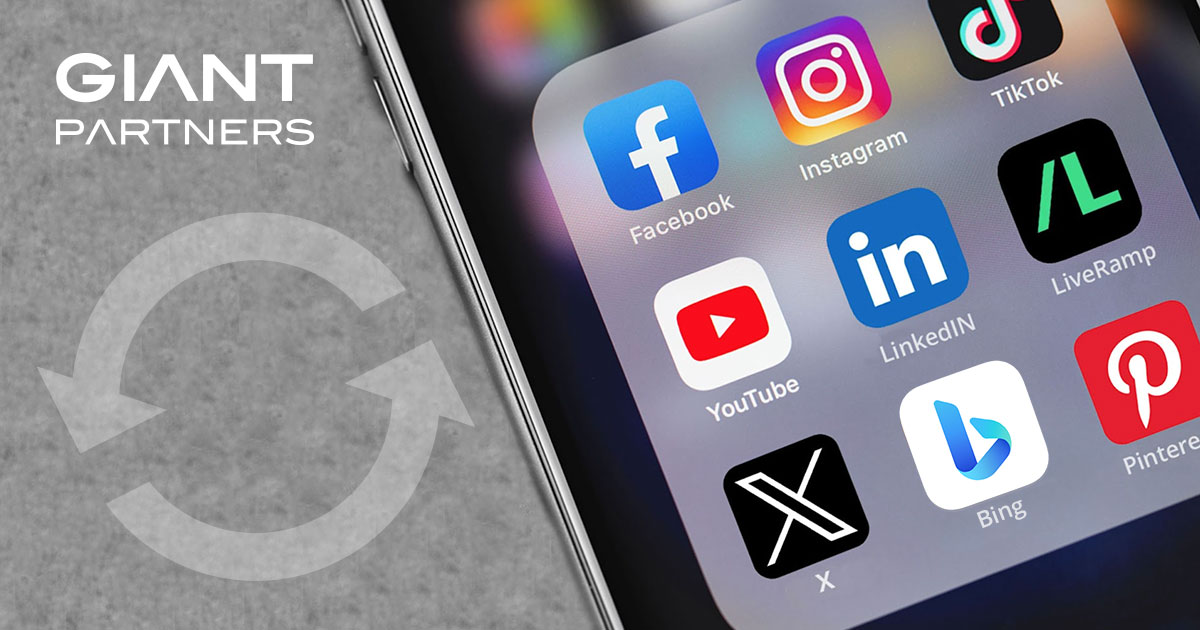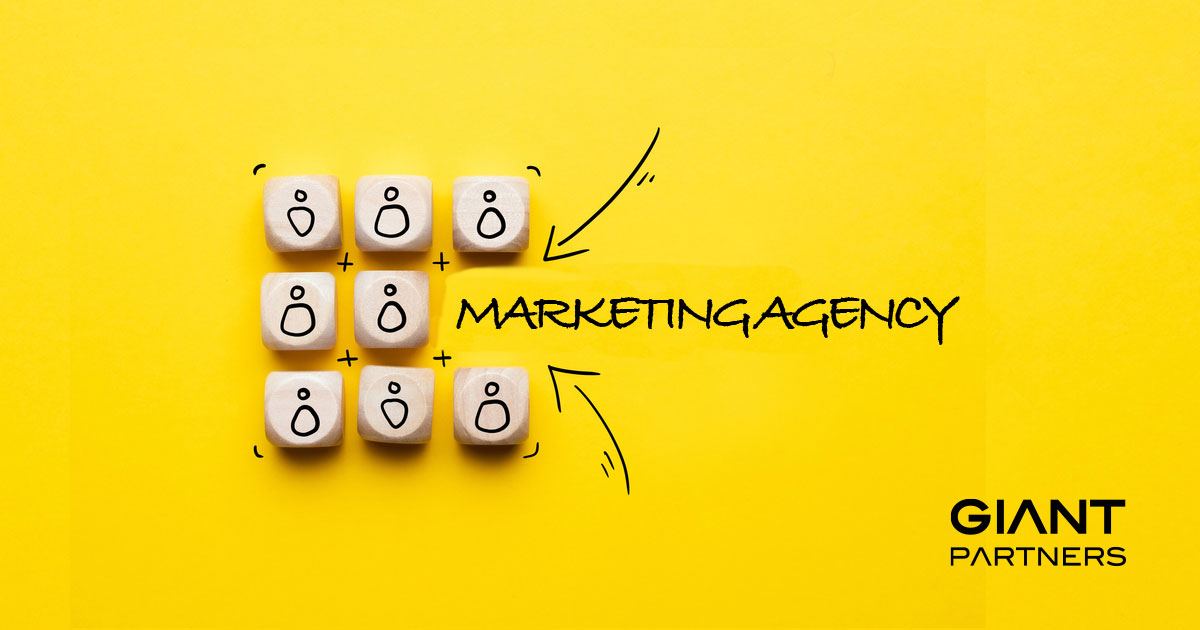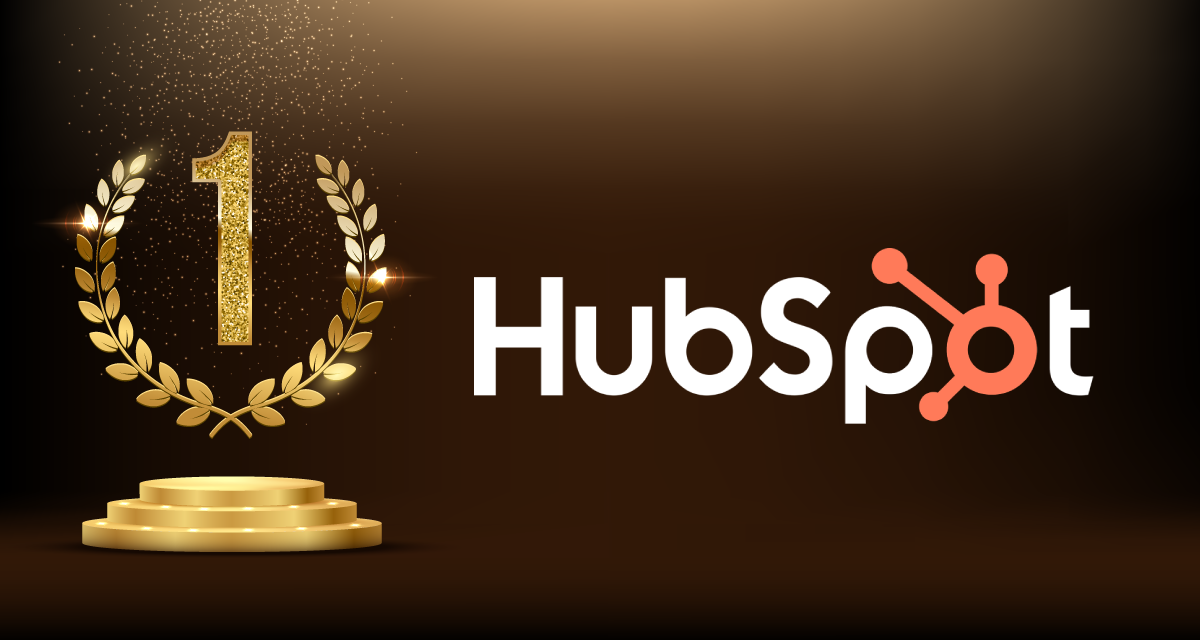![]() By Jeremy Koenig | Custom Audience Data | Published March 7, 2024 | 5 Minute Read
By Jeremy Koenig | Custom Audience Data | Published March 7, 2024 | 5 Minute Read
 By Jeremy Koenig | Custom Audience Data | Published March 7, 2024 | 5 Minute Read
By Jeremy Koenig | Custom Audience Data | Published March 7, 2024 | 5 Minute Read

Introduction: Custom Audience Data Fuels Digital Campaigns
In today’s digital marketing age, advertising has undergone a significant transformation. Traditional methods of reaching consumers through mass media broadcasting is no longer as effective as it once was. Instead, businesses are turning to data driven marketing strategies to better understand their audience, personalize messaging, and optimize advertising efforts across various digital channels. At the heart of this database marketing revolution lies the reality of custom audience data targeting. Custom audiences are a powerful tool that empower marketers to target qualified prospects with tailored messages, resulting in higher engagement and better ROI.
What is Data Driven Marketing?
Data driven marketing is an approach to marketing that utilizes data analysis and insights to make informed decisions about targeting, messaging, and optimization. At its core, data driven marketing is about understanding your audience on a deeper level and using that knowledge to create more personalized and relevant experiences for them.

In traditional marketing, companies would often rely on broad demographic information to target their audience. However, this approach is limited in its effectiveness, as it fails to capture the unique preferences and behaviors of individual consumers. Data driven marketing, on the other hand, leverages advanced analytics and technology to collect and analyze vast amounts of data, allowing marketers to segment their audience into smaller, more targeted groups based on factors such as demographics, behavior, interests, and purchasing history.
By segmenting target audiences in this way, marketers can create highly personalized campaigns that speak directly to the needs and interests of specific groups of customers. This improves the effectiveness of marketing efforts and dramatically enhances the overall customer experience.
The Role of Custom Audience Data for Digital Campaigns
The heart of data driven marketing is custom audience data targeting. Custom audience data refers to the information that marketers collect and analyze about their target audience to create highly targeted and personalized marketing campaigns. This data comes from a variety of sources, including customer relationship management (CRM) systems (Hubspot), website analytics (Google Analytics), social media marketing platforms (Facebook, Instagram, X, Linkedin), and third party data providers (Giant Partners).

One of the most powerful sources of custom audience data is first party data, which consists of information that companies collect directly from their customers. This may include demographic information, purchase history, website interactions, and more. By analyzing this data, marketers can gain valuable insights into the preferences, behaviors, and needs of their audience, allowing them to tailor their marketing messages accordingly.
In addition to first party data, marketers can also leverage third party custom audience data to enhance targeting efforts. Third party data is collected from external sources (Examples: Mortgage, Auto, Financial, Voter, Donor, Business) and includes important customer profile details that provide additional insights into consumer behavior and preferences. By combining first party and third party data, marketers can create even more robust audience profiles and target their campaigns with greater precision.
When targeting users across search (Google, YouTube, Bing) and social (Meta, Linkedin, X) advertising platforms it is vital that the custom audience files contain name, phone, email, zip and DOB for maximum user match rates. For increased campaign response rates target customers can also be sent direct communications (Email, SMS) that reinforce your offer.
Optimizing Custom Audience Targeting Across Digital Channels
Once marketers established target custom audience data, the next step is to optimize their advertising efforts across various digital channels. This involves identifying the most effective channels for reaching their target audience and tailoring their advertising messages accordingly. When customers are targeted across multiple touchpoints they 400% more likely to respond to your call-to-action.

One of the key advantages of data driven marketing is the ability to track and measure the performance of advertising campaigns in real-time. By leveraging tools such as web analytics, social media monitoring, and ad tracking platforms, marketers can gain valuable insights into how their campaigns are performing and make adjustments as needed to improve their results. This type of marketing and advertising optimization is accomplished by both human intuition and machine learning (AI).
For example, if a particular ad is not performing well with a certain segment of the audience, marketers can tweak the messaging or targeting criteria to better resonate with that group. Similarly, if a particular digital channel is driving a higher ROI than others, marketers can allocate more resources to that channel to maximize their impact.
In addition to optimizing individual advertising campaigns, data driven marketing also enables marketers to take a more holistic approach to their advertising efforts. By integrating data from multiple sources and channels, marketers can gain a more comprehensive view of their audience and develop more cohesive and effective marketing strategies.
Custom Audience Data Challenges and Considerations
While data driven marketing offers many benefits, it also presents several challenges and considerations that marketers must navigate. One of the biggest challenges is ensuring the accuracy and quality of the data being used. With so much data available from various sources, it can be difficult to separate valuable insights from noise and ensure that the data being used is reliable and up-to-date.

Another challenge is navigating the complex regulatory landscape surrounding data privacy and security. With the implementation of regulations such as the General Data Protection Regulation (GDPR) and the California Consumer Privacy Act (CCPA), marketers must ensure that they are collecting, storing, and using customer data in compliance with these laws.
Additionally, as technology continues to evolve, marketers must stay knowledgeable of emerging trends and advancements in data analytics and digital advertising to remain competitive in the marketplace.
Conclusion: Companies that Leverage Custom Audience Data for Digital Campaigns Outperform Competitors
Data driven marketing represents a paradigm shift in the way businesses approach marketing and advertising. By leveraging custom audience data to better understand their audience and personalize their messaging, marketers can create more targeted and effective campaigns that drive better results across digital channels.
However, realizing the full potential of data driven marketing requires a strategic approach and a commitment to ongoing optimization and innovation. By investing in the right tools, technologies, and talent, businesses can unlock the power of data-driven marketing and gain a competitive edge.
Please use the scheduling tool below to book a meeting to discuss custom audience data targeting to strengthen marketing performance or live chat with a representative to connect.

 Jeremy Koenig
Jeremy Koenig
Giant Partners
President
Connect on Linkedin
About Giant Partners
25 years. 6000 customers. Giant Partners is America’s #1 data driven marketing agency. We accelerate campaign performance with custom audience data, brand management, website development, CRM integration, email marketing, and omni-channel advertising.














